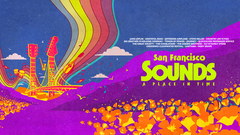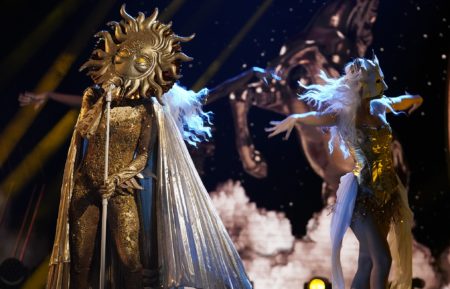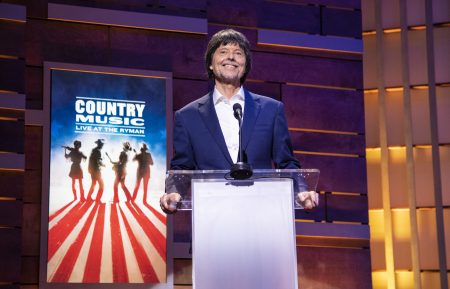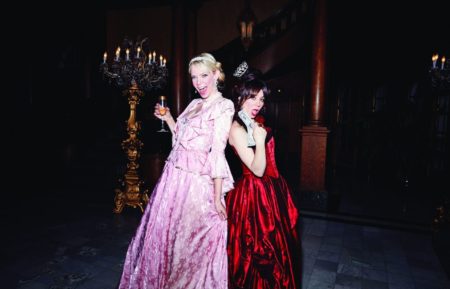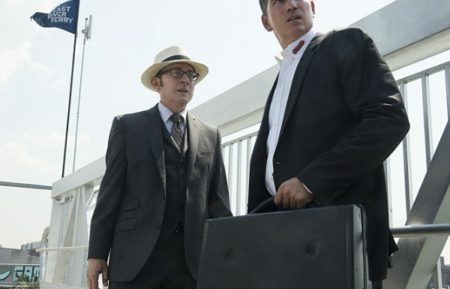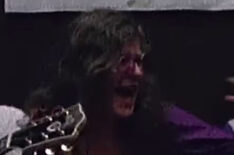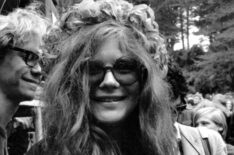During her tragically short career, Janis Joplin became the archetype of the tough yet soulful female rocker. She was born in Port Arthur, Texas and grew up listening to her parents' blues records; her experiences as a teenage misfit would later inform her music.
She fit in better at the University of Texas at Austin, where she was part of a hippie/artist subculture; here she joined a folk trio and wrote her first song, "What Good Can Drinkin' Do." She also waited tables and occasionally performed at the Austin music spot Threadgill's, which has honored that bit of history ever since.
She dropped out of college in 1963 and made her way to San Francisco, where she befriended some of that scene's important figures: Her hitchhiking partner from Austin was Chet Helms, later a significant promoter and band manager; and one of her first friends was future Jefferson Airplane guitarist Jorma Kaukonen.
With the latter she made an acoustic tape of blues covers, often bootlegged as the "typewriter tape" due to a housemate's typing during the music. She also had her first run-in with the law, getting arrested for shoplifting.
In 1966 she joined a fledgling blues-rock band, Big Brother & the Holding Company and quickly became known on the San Francisco scene for her soul-baring live performances; she also brought the band a blues standard, "Down on Me," which they psychedelicized and turned into a minor national hit. Their performance at the Monterey Pop Festival in June 1967 drew national attention, most of it focused on Joplin.
The following year brought their breakthrough album Cheap Thrills, with its now-iconic R. Crumb cover. The version of "Piece of My Heart" (originally done by Aretha's sister Erma Franklin) became a Top 20 hit and Joplin's first signature song. Her emerging stardom caused friction with the other Big Brother members, and in 1969 she formed a new group, the Kozmic Blues Band, which focused more on horn-driven R&B than psychedelic rock.
With this band she played Woodstock, though by most accounts her heroin use hampered her performance that day.
After the Kozmic tour she retreated to Brazil to clean up and soon afterward formed her last band, the Full Tilt Boogie Band. Summer 1970 brought another round of touring, including a one-off reunion with Big Brother, and in September 1970 she began work on a new album, Pearl. Not released until after her death, this proved her most popular work by far, with tracks including Kris Kristofferson's "Me & Bobby McGee" and her own playful "Mercedes Benz," expanding her range into country and pop material.
Joplin's hard-living habits were always central to her persona, and on October 4, 1970 she fatally overdosed on a mix of heroin and alcohol. Her death stunned the rock world, which was still reeling from Jimi Hendrix' death sixteen days earlier.
